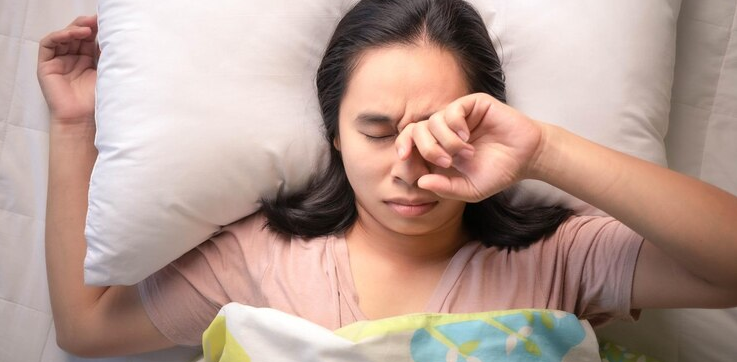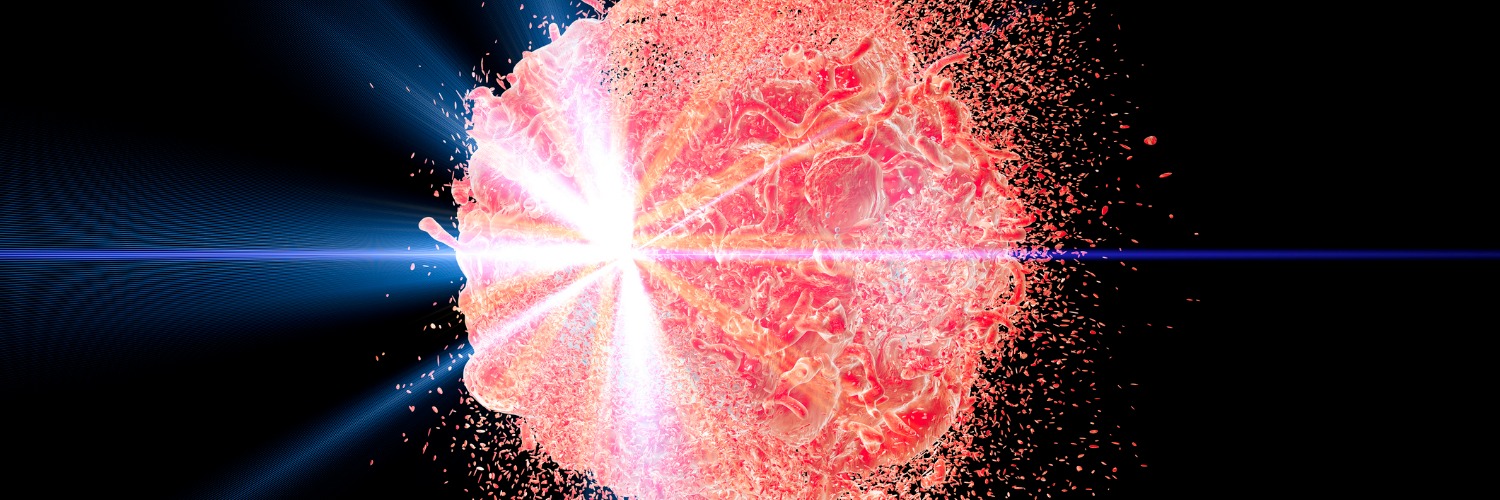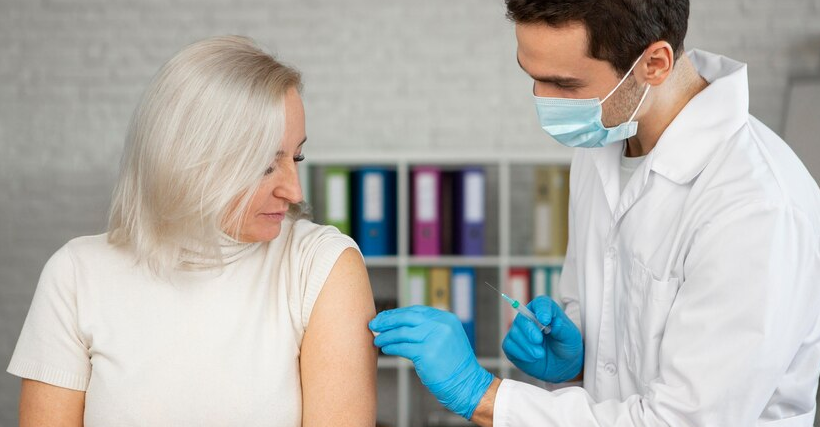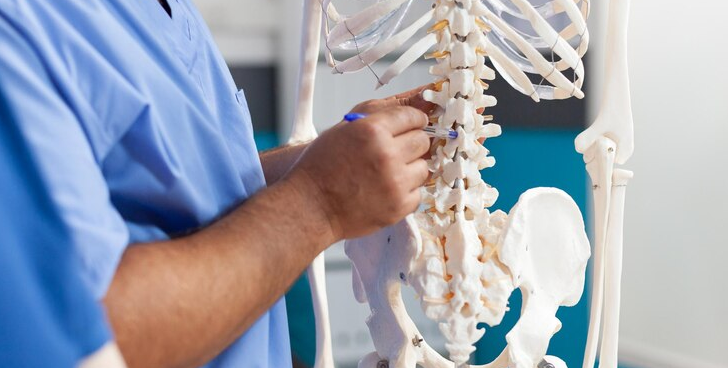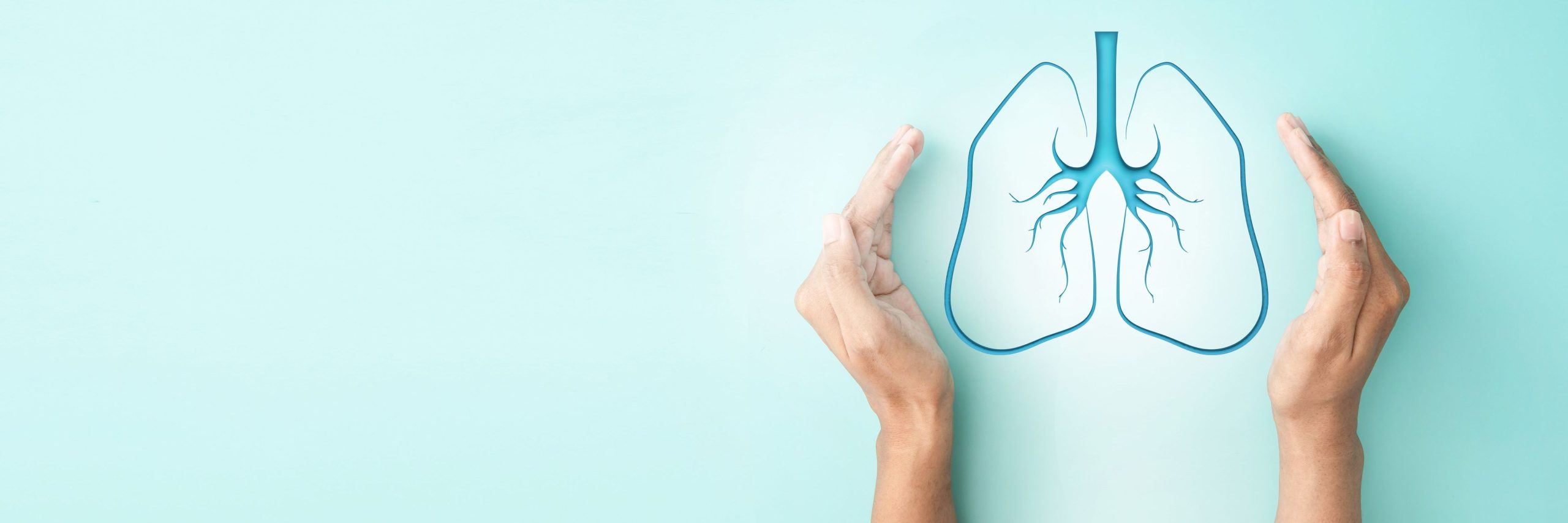The following is a summary of “Association between sleep quality and dry eye disease: a literature review and meta-analysis,” published in the April 2024 issue of Ophthalmology by Gu et al.
Researchers conducted a retrospective study investigating the link between dry eye and sleep quality.
They searched PubMed, EMBASE, Cochrane, Web of Science, and grey literature databases for observational studies published before April 2023. They also performed a meta-analysis using STAT15 software.
The results showed 21 studies comprising 419,218 participants. Dry eye subjects exhibited poorer sleep quality than the healthy population, as evidenced by subjective sleep quality, sleep latency, and risk of unhealthy sleep duration. Pittsburgh Sleep Quality Index (PSQI) scores for dry eye subjects were significantly higher than controls (WMD = 1.78, 95% CI: 1.06, 2.50, P<0.001). Dry-eye individuals showed higher sleep quality, latency, and disturbance scores but no difference in duration, efficiency, dysfunction, or medication use. The risk of sleep disorders, insufficient sleep, and excessive sleepiness was significantly higher in dry eye subjects (RR = 2.20, 95%CI: 1.78, 2.72, P<0.001; RR = 3.76, 95%CI: 3.15, 4.48, P<0.001; RR = 5.53, 95%CI: 3.83, 7.18, P<0.001, respectively). Dry eye subjects also scored significantly higher on the Epworth Sleepiness Scale (WMD = 3.02, 95% CI: 2.43, 3.60, P<0.01).
Investigators concluded that dry eye disease was associated with poorer overall sleep quality, including difficulty falling asleep, shorter sleep duration, and disruptions throughout the night.
Source: bmcophthalmol.biomedcentral.com/articles/10.1186/s12886-024-03416-7


